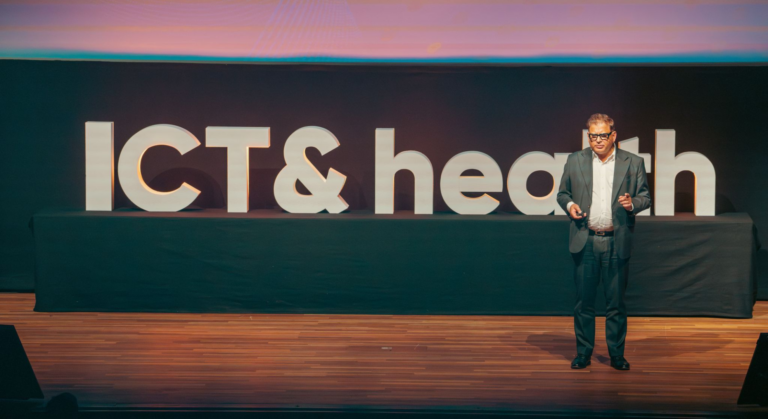At ten years old, I considered I, Robot a scary movie. To this day, it lives on as a flashbulb memory in my mind—loss of control and existential threat don’t sit well with me. A similar uneasiness took hold when I recently read the news: ChatGPT can handle questions on the US medical licensing exam (USMLE).1 Great, I thought. Now, I not only need to fear robotic sentience but also paid almost half a million for medical school for no reason. And, with Microsoft announcing a ten billion investment in ChatGPT maker, OpenAI, and Google unveiling its version, Bard, the future looms large and inevitable.2 Now, as I prepare to match into psychiatry, I can’t help but wonder if ChatGPT could do my future job.
The app-based chatbot released in December immediately popularized generative AI. Generative AI analyzes patterns in written words from across the web, forming complex mathematical and computational formulations, to produce human-like text. With its dizzying number of potential uses and user amassment, generative AI platforms could be instrumental in providing psychiatric care […]
References
1. USMLE Program Discusses ChatGPT | USMLE. (n.d.). Retrieved March 1, 2023, from https://www.usmle.org/usmle-program-discusses-chatgpt
2. Google Announces Bard, Its Rival To Microsoft-Backed ChatGPT. (n.d.). Retrieved March 1, 2023, from https://www.forbes.com/sites/qai/2023/02/08/google-announces-bard-its-rival-to-microsoft-backed-chatgpt/?sh=2388e5043791





